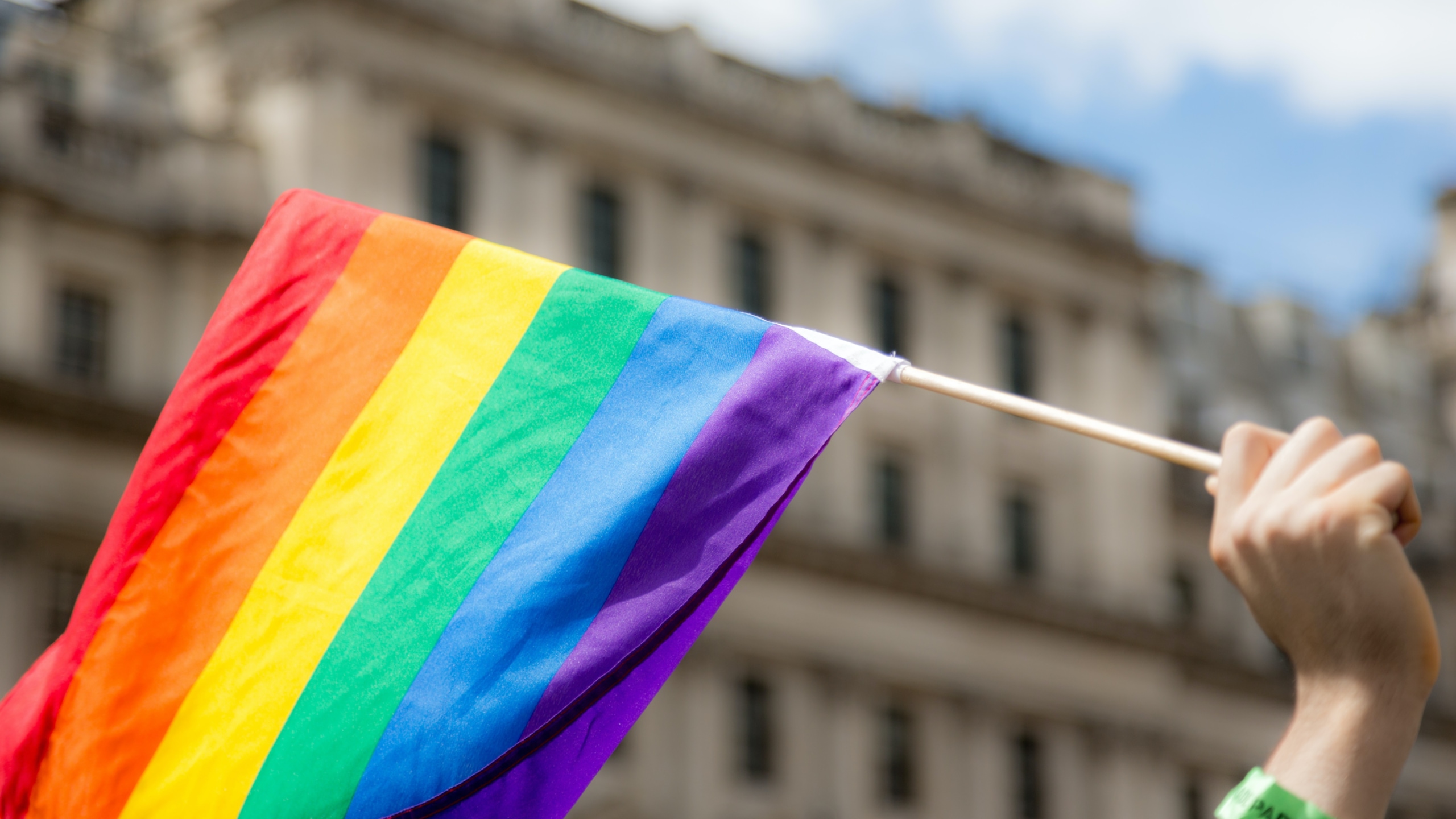
From silence to celebration – shifting experiences for LGBTIQ+ in the workplace
Times have changed for LGBTIQ+ employees.
Where it was once dangerous for LGBTIQ+ staff to be visible in the workplace, large multinationals now speak of celebrating all forms of gender, cultural and sexual diversity. For example, professional services firm PwC’s webpage, features its approach to ‘Diversity, Inclusion & Wellbeing‘.
In a recent interview-based study undertaken with my colleague Dr Barbara Voss of the University of Canberra, LGBTIQ+ employees tell us these changes make them feel safer at work, able to ‘breathe’. The sense of relief is palpable.
However, while corporate efforts acknowledging LGBTIQ+ staff are received with enthusiasm, what is now needed is tangible evidence that working conditions are improving. This must include evidence that diverse individuals are being recruited, that equal pay is being offered for equal positions, and that fair opportunities for promotion are available to all. The era of ‘value’ statements and nebulous rainbow laden imagery, has passed.
Colour and movement at the Big 4
Our research explores how workplace landscapes are changing for individuals who identify as LGBTIQ+. Here we focus on the ‘big 4’ professional services firms in Australia (Deloitte, EY, KPMG, PwC). We found that until around 2010, safety and space for LGBTIQ+ individuals within these workplaces remained tenuous. Silence was the safest option, and bigotry persisted. As one interviewee noted,
“About ten years ago… there was no talk about diversity… we were very conservative”
Circumstances began to shift from around 2010, as community momentum for change increasingly abutted against stale workplace norms, and a range of state-based regulations (see, for example, the NSW Work Health and Safety Act 2011) came into place, requiring workplace safety. Initially each of the big 4 experimented with a range of positively worded, business case focused statements, acknowledging the existence of LGBTIQ+ staff. A rebranding of these firms as exciting and progressive places to work were the key marketing objectives of these early developments.
Similar and earlier business case focused rhetoric targeted to women has been criticised, for offering little on issues that matter most, including remuneration and promotion. By contrast, rhetoric-based acknowledgement had some value in this case, as many interviewees told us that silence and bigotry had been a common experience for LGBTIQ+ workers until then.
In this environment, opportunities arose for LGBTIQ+ staff to champion a range of more substantive developments. These included training programs, development of LGBTIQ+ employee networks, establishment of LGBTIQ+ leadership positions, and engagement in community activities. As one interviewee explained,
“I have absolutely seen a shift in the way that LGBTIQ+ inclusion is looked at (where) 7 or 8 years ago… it was very much focused on rhetoric… on the business case, (now) the firm was evolving to making this a part of our business as usual”
We were impressed to see each firm now promoting some openly gay individuals to partnership, offering financial support for transitioning staff, and expressing willingness to lose some clients who objected to these changes. This point in history in Australia was actually a very emotional time for all of us in the LGBTIQ+ community. The passing of marriage equality in 2017 was felt as a great moment of victory. However, an unnecessary and divisive national debate prior to that legislative passing, proved to be a source of pain for many. It therefore meant a great deal to LGBTIQ+ staff when each of these firms also issued statements of support for that legislation. Other multinational corporations also implemented a range of related initiatives at this time. A rainbow washing of large multinationals had arrived!
The next hurdle
Despite these achievements, it is clear today that more is still needed. Here in Australia, continuing aggression against LGBTIQ+ populations in other countries is viewed with concern. It is clear that recent workplace achievements could just as easily be taken away. While some are now asking, why can’t LGBTIQ+ individuals just ‘get on with it’, and stop being so political, LGBTIQ+ employees are coming to realise that many of these workplace achievements simply mean that more is now being asked of us (such as representing the firm in LGBTIQ+ community events). It turns out that being a successful ‘out’ LGBTIQ+ employee can be exhausting!
Furthermore, many of the developments championed into the late 2010s focus on the needs and interests of gay men. LGBTIQ+ women, transgender and intersex staff, and LGBTIQ+ of ethnic diversity, particularly within smaller offices, and more conservative divisions, continue to feel marginalised, less safe and less visible. As one interviewee noted,
“We are quite good at being supportive of white, traditionally able-bodied gay men… we can accept one element of diversity so long as you are quite mainstream in all other regards”
To diversity and beyond?
Generational attitudes about gender and sexual diversity also continue to shift, leaving the corporate sector scratching their heads to catch up with preferred pronouns, notions of ‘fluidity’, intersectionality, and an ongoing backlash from some more conservative clients and staff. Momentum towards effective diversity must be maintained. In particular, while many firms have established single assigned LGBTIQ+ leadership positions, it is important now for all leaders to offer clear support to all staff.
An apparent shift of emphasis in recent years from ‘diversity’ to ‘inclusion’, is also of concern. In focusing on inclusion, the concern is that the narrative shifts to nebulous notions such as encouraging all staff to ‘bring their whole selves to work’, and away from the central concerns that matter most to employees; fair recruitment, equal pay, and accessible promotion.
Image: Ian Taylor
Dr Matthew Egan is a Senior Lecturer in the Discipline of Accounting at the University of Sydney Business School. His research interests focus primarily on sustainability, and how accounting can contribute to addressing related questions.
Share
We believe in open and honest access to knowledge. We use a Creative Commons Attribution NoDerivatives licence for our articles and podcasts, so you can republish them for free, online or in print.







